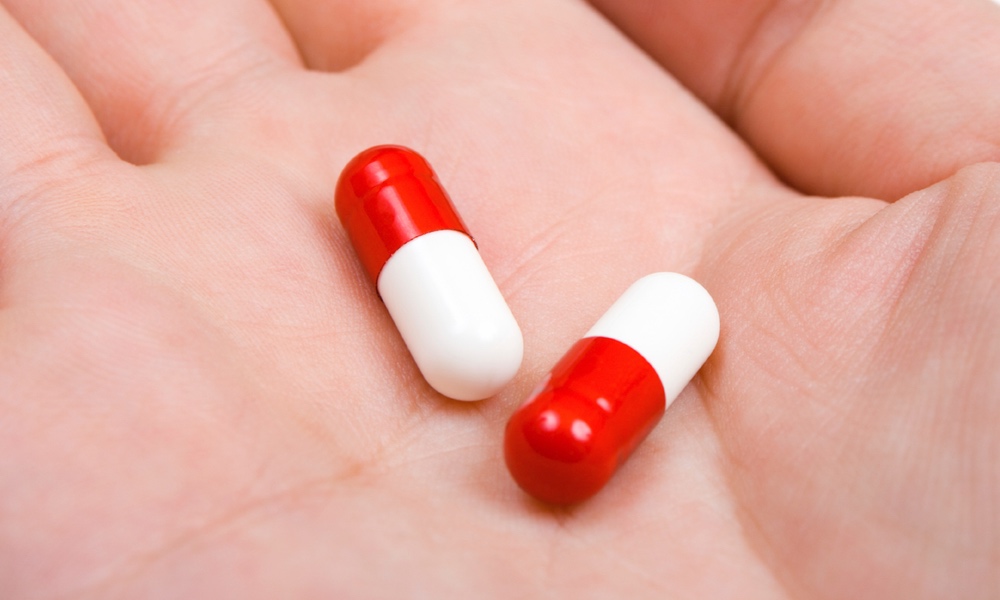As the country becomes more and more obsessed with cleanliness, with adults and kids alike toting travel-sized bottles of Purell, is it possible that we have become too clean? A new study suggests that overuse of antibacterial soap may actually be linked to greater risk of allergies and hay fever in children.
Triclosan and the now infamous chemical bisphenol A (BPA) may impact immune function. Both chemicals are considered "endocrine disrupters", meaning that they interfere with the body’s intricate hormone system by mimicking or otherwise altering hormone function.
The study authors investigated how exposure to triclosan, an additive in antibacterial and antimicrobial soaps, toothpastes, and even diaper bags, may affect kids’ immune systems. They also looked at how the now infamous chemical bisphenol A (BPA), an additive in many plastics, may also impact immune function. Both chemicals are considered "endocrine disrupters," meaning that they interfere with the body’s intricate hormone system by mimicking or otherwise altering hormone function.
The team found that children under 18 who had higher triclosan levels in their urine were more likely to suffer from hay fever and other allergies. Adults over the age of 18 with higher BPA levels were more likely to have increased levels of a certain antibody that indicated altered immune function. The opposite was true for people under 18, which was an unexpected result.
However, it is important to note that causation was not illustrated in the study. For example, it’s unclear whether triclosan causes children to have more allergies or the opposite is true (that is, kids with allergies tend to wash with antibacterial soap more). There could also be additional variables at play, which are still unknown. More research will have to look into these questions, but in the meantime, as with many things in life, it’s probably a good idea to practice moderation.
Aiello was a professor at the University of Michigan’s School of Public Health at the time of the study, which was published in the November 30, 2010 issue of Environmental Health Perspectives.




